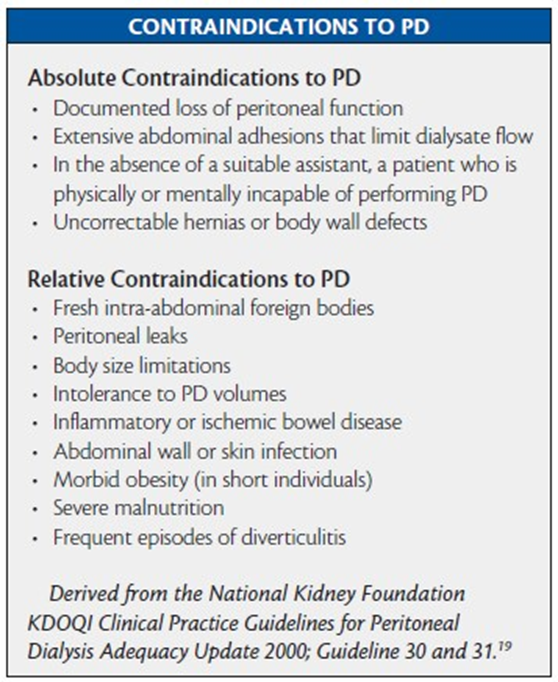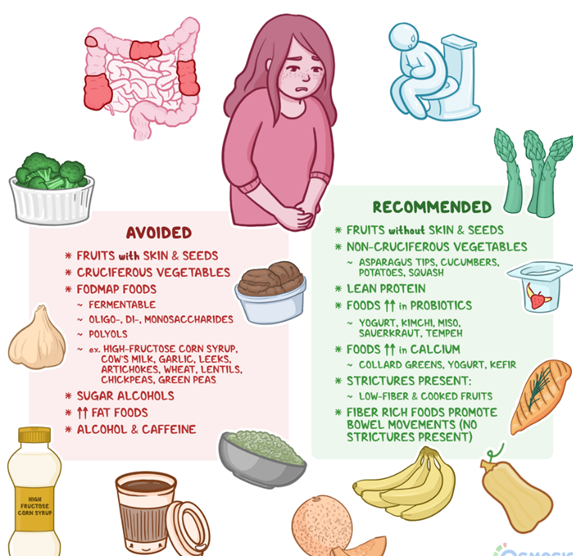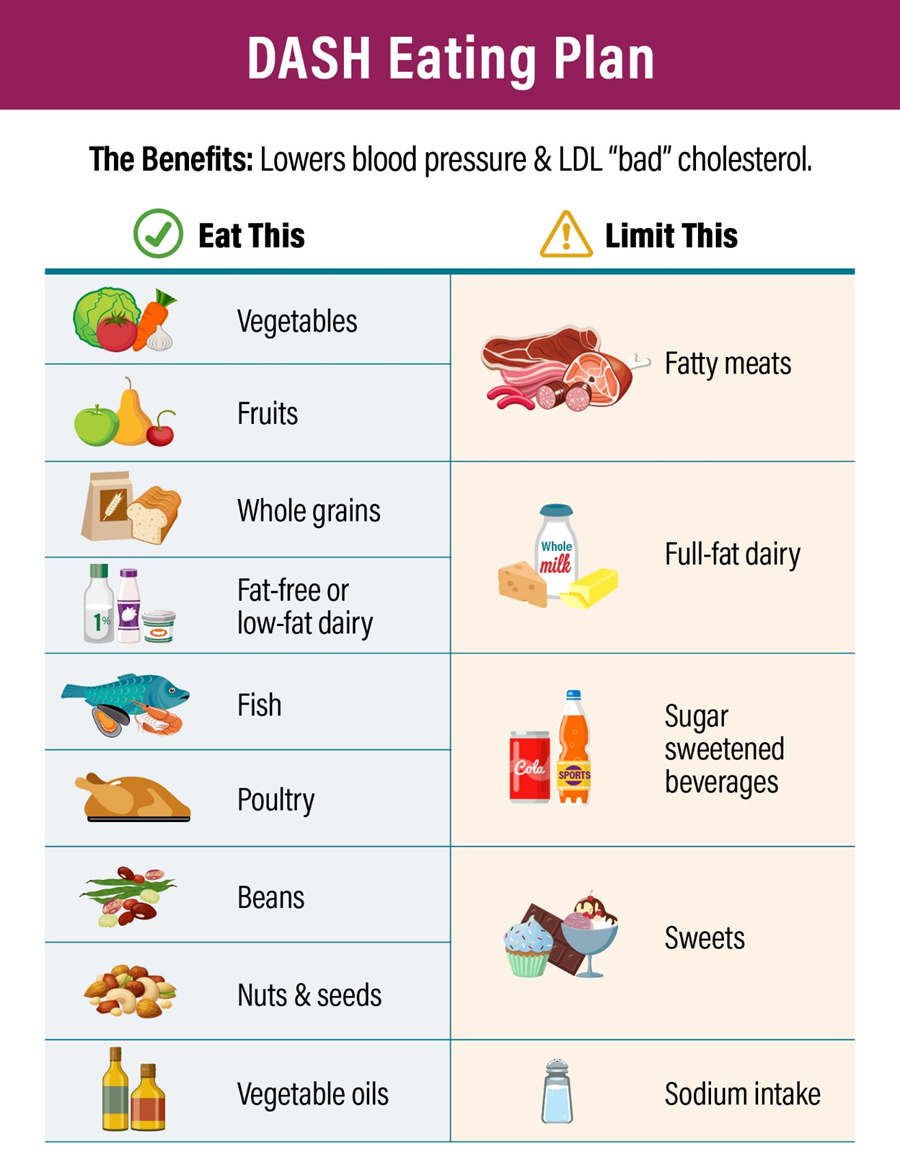A client is diagnosed with chronic kidney disease and needs to begin dialysis. Which condition entered on the client's medical record should the nurse recognize as a contraindication for peritoneal dialysis?
Type 2 diabetes mellitus.
Nephrotic syndrome history.
Latent hepatitis C
Crohn's disease with colectomy
The Correct Answer is D
A. Type 2 diabetes mellitus
Type 2 diabetes mellitus is not a contraindication for peritoneal dialysis. In fact, peritoneal dialysis can be a suitable option for individuals with diabetes who require renal replacement therapy. However, the presence of diabetes may require additional considerations and close monitoring.
B. Nephrotic syndrome history
Having a history of nephrotic syndrome is not a contraindication for peritoneal dialysis. Peritoneal dialysis can be used in individuals with various causes of chronic kidney disease, including those with nephrotic syndrome.
C. Latent hepatitis C
Latent hepatitis C alone may not be an absolute contraindication for peritoneal dialysis. However, the decision to initiate peritoneal dialysis would depend on the overall health status of the client, the degree of liver involvement, and the risk of infection. Close monitoring and appropriate precautions may be necessary.
D. Crohn's disease with colectomy
Crohn's disease with colectomy is considered a contraindication for peritoneal dialysis. Surgical alterations in the abdomen, such as colectomy, can lead to adhesions or other complications that may interfere with the effectiveness of peritoneal dialysis. In such cases, alternative forms of dialysis, such as hemodialysis, may be considered.

Nursing Test Bank
Naxlex Comprehensive Predictor Exams
Related Questions
Correct Answer is D
Explanation
A. Instruct the client to avoid foods with gluten, such as wheat bread.
While some individuals with Crohn's disease may experience improvement by avoiding certain types of carbohydrates, including gluten, this recommendation is not universally applicable to all individuals with Crohn's disease. Gluten restriction is more relevant for those with gluten sensitivity or celiac disease.
B. Explain that the need to restrict fluids is the primary limitation.
This statement is not accurate. Fluid restriction is not a primary dietary limitation for individuals with Crohn's disease. In fact, maintaining adequate hydration is generally important for overall health. Restricting fluids is not a standard dietary recommendation for managing Crohn's disease.
C. Advise the client to limit foods that are high in calcium and iron.
Limiting foods high in calcium and iron is not a standard recommendation for Crohn's disease. In fact, adequate intake of essential nutrients, including calcium and iron, is important for overall health. Limiting these nutrients could lead to nutritional deficiencies.
D. Describe the use of an elimination diet to find trigger foods.
This is the most appropriate response. Crohn's disease symptoms can vary among individuals, and identifying trigger foods through an elimination diet can help personalize dietary recommendations. By systematically eliminating and reintroducing foods, individuals can identify which specific foods may exacerbate their symptoms.

Correct Answer is D
Explanation
A. Carefully cleans and peels all fresh fruit and vegetables:
While cleaning and peeling fresh fruits and vegetables may contribute to food safety, it is not a specific indication of adherence to the DASH eating plan.
B. Uses only lactose-free dairy products:
The DASH eating plan encourages the consumption of low-fat or fat-free dairy products. Using lactose-free dairy products may be necessary for individuals with lactose intolerance, but it is not a specific behavior related to the DASH plan.
C. No longer includes grains in the daily diet:
The DASH eating plan includes whole grains as part of a balanced diet. Eliminating grains altogether is not consistent with the DASH plan, which encourages the consumption of whole grains.
D. Enjoys fat-free yogurt as an occasional snack food:
This is the correct answer. The DASH eating plan recommends the inclusion of low-fat or fat-free dairy products as part of a heart-healthy diet. Choosing fat-free yogurt as an occasional snack aligns with the principles of the DASH plan, which emphasizes low-fat dairy options.

Whether you are a student looking to ace your exams or a practicing nurse seeking to enhance your expertise , our nursing education contents will empower you with the confidence and competence to make a difference in the lives of patients and become a respected leader in the healthcare field.
Visit Naxlex, invest in your future and unlock endless possibilities with our unparalleled nursing education contents today
Report Wrong Answer on the Current Question
Do you disagree with the answer? If yes, what is your expected answer? Explain.
Kindly be descriptive with the issue you are facing.
